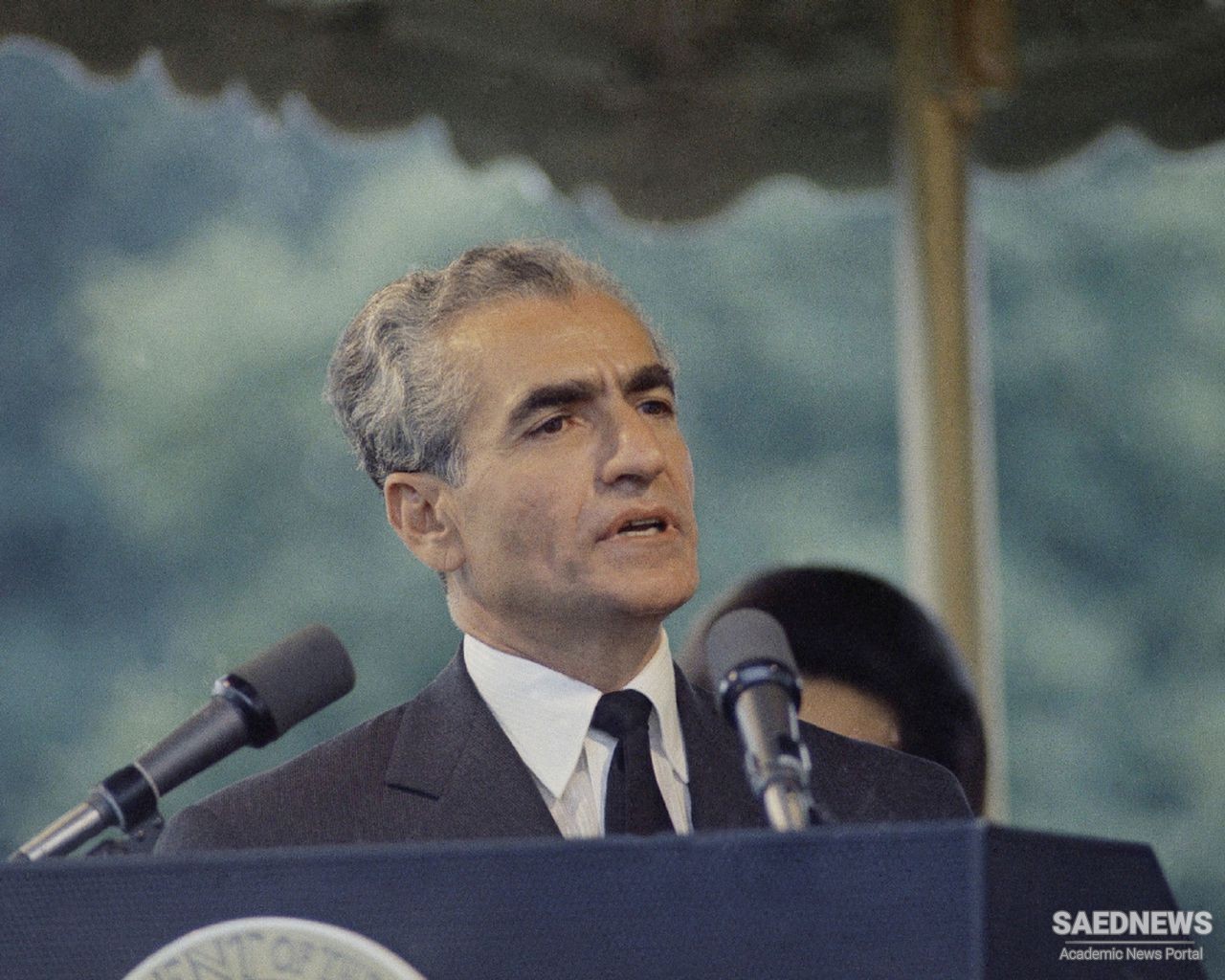Domestic reform and industrial development after 1961 were accompanied by an independent national policy in foreign relations, the principles of which were support for the United Nations (UN) and peaceful coexistence with Iran’s neighbours. The latter of these principles stressed a positive approach in cementing mutually beneficial ties with other countries. Iran played a major role with Turkey and Pakistan in the Central Treaty Organization (CENTO) and Regional Cooperation for Development (RCD). It also embarked on trade and cultural relations with France, West Germany, Scandinavia, eastern Europe, and the Soviet Union. Relations with the United States remained close, reflected by the increasing predominance of Western culture in the country and the growing number of American advisers, who were necessary to administer the shah’s ambitious economic reforms and, most important, to aid in the development of Iran’s military. The Iranian army was the cornerstone of the country’s foreign policy and had become, thanks to American aid and expertise, the most powerful, well-equipped force in the region and one of the largest armed forces in the world (Source: Britanica).



 Shah's White Revolution Openly and Furiously Criticized by a Brave Cleric
Shah's White Revolution Openly and Furiously Criticized by a Brave Cleric














































